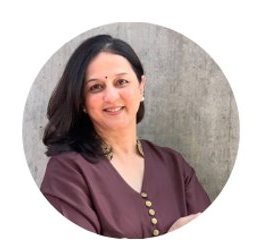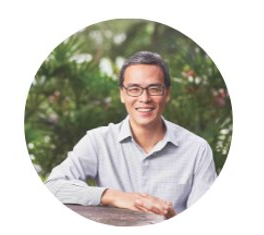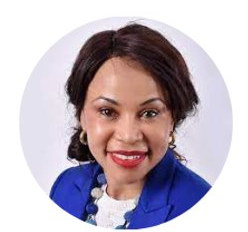There is a need and opportunity for strategic philanthropy to drive large scale social change. Solving intractable problems requires philanthropy, government and business sectors working effectively together. But philanthropy’s impact is held back by a lack of data, research, and analysis and, at times, leadership. This webinar discussed new research on the future of philanthropy and heard from philanthropists around the world on how they are responding to the challenges of our times.
In his introduction, moderator and Alliance‘s executive editor Charles Keidan referred to the Future of Philanthropy research carried out in 2018. In the foreword to this report, Emirati philanthropist Badr Jafar issued a call to action, saying, “We simply must do better than the status quo“. “And the suffering caused by the Covid pandemic made such agitation on his part seem prescient,” said Charles, “The drum beats of calls for our field to change and improve are growing louder.”
Five years on, he continued, new research asks the following questions: “Can philanthropy collaborate more effectively with both government and business to solve hard problems? Do we need better data and analysis, and also leadership? And ultimately, can a more strategic approach to philanthropy drive large-scale social change?”
The speakers included:
- Badr Jafar – CEO, Crescent Enterprises
- Rohini Nilekani – Chairperson, Rohini Nilekani Philanthropies
- Laurence Lien – Chairman, Lien Foundation, and co-founder, Asia Philanthropy Circle
- Dr Precious Moloi-Motsepe – Co-founder and CEO, The Motsepe Foundation
A few highlights from the event
Badr said: There are major shifts taking place in philanthropy, across global growth markets, as many will know – over $5 trillion of wealth in the top 30 growing economies, all in growth markets will be passed to the next generation, within the next decade. And this will lead to a corresponding major increase in philanthropic activity within these societies.
Now, why am I optimistic to your question of whether these shifts are good news for the sector? Well, this next gen is reshaping the practice of giving by demanding a more hands-on approach, and embracing tech innovations to scale impact. Emerging digital tools and platforms are making giving much more accessible. And things like big data and AI are enabling the gathering, processing, and understanding of philanthropic data much more effectively than ever before.

Rohini: I have seen just in the last ten, fifteen years a steady improvement in the data on philanthropy. It is being supported by philanthropy obviously, because that seems to be the right place to seek this support. Philanthropists themselves need to know more about the ecosystem of philanthropy in their regions, and in their areas of influence
… So suddenly there is much more data than there used to be. And the good news is, when data comes out, even if it’s patchy in the beginning, clearly the need to make it much more solid, much more trustworthy, much more transparent; that need is growing. So I’m seeing more and more people ready in India to put out data on their own philanthropy. Which is a first step.

Laurence: Government is always the big elephant in the room in most parts of Asia. I run a circle – a network of philanthropists around the region, called Asia Philanthropy Circle, and I would say the membership is split. I have half of members who say they’ll stay away from government as much as possible, because they’re always bad news; when they meddle in your work you produce suboptimal outcomes because you have to listen to the way they want things to be done. And another group say they have no choice – they have to work with government. I would say in Singapore, because we have a very strong state, working collaboratively with government is still not a very common thing. The government’s perspective of civil society is that you are hands and legs – we do the thinking for you. And, of course, in a place like Singapore, people have a lot of trust in government…
In the principle of subsidiarity, decisions must be pushed as close to the citizen as possible, and even if the state is more efficient, you need to build the power of agency in people, so that there’s a sense of ownership in the work. And this is even more critical because the problems we face are more complex, and the government cannot do everything – including the Singapore government.

Precious: [In Africa] we base our giving – whether it’s charitable giving, and it doesn’t matter how much you’re giving – on the concept of “Ubuntu”. And that means that my success is so intricately intertwined with your success. We depend on each other. So giving on the African continent – and irrespective of the quantum – is driven by this philosophy of “Ubuntu”.
[The Motsepe foundation] started off with charitable giving, and we transitioned to strategic philanthropy when we joined the Giving Pledge. And that’s when we committed significant funding towards causes that we had identified as important, and that aligned with our mission. And our mission is really alleviation of poverty on the continent.
You can watch the full video here:
Eleanor Margolis is a freelance journalist
Credit:Source link



